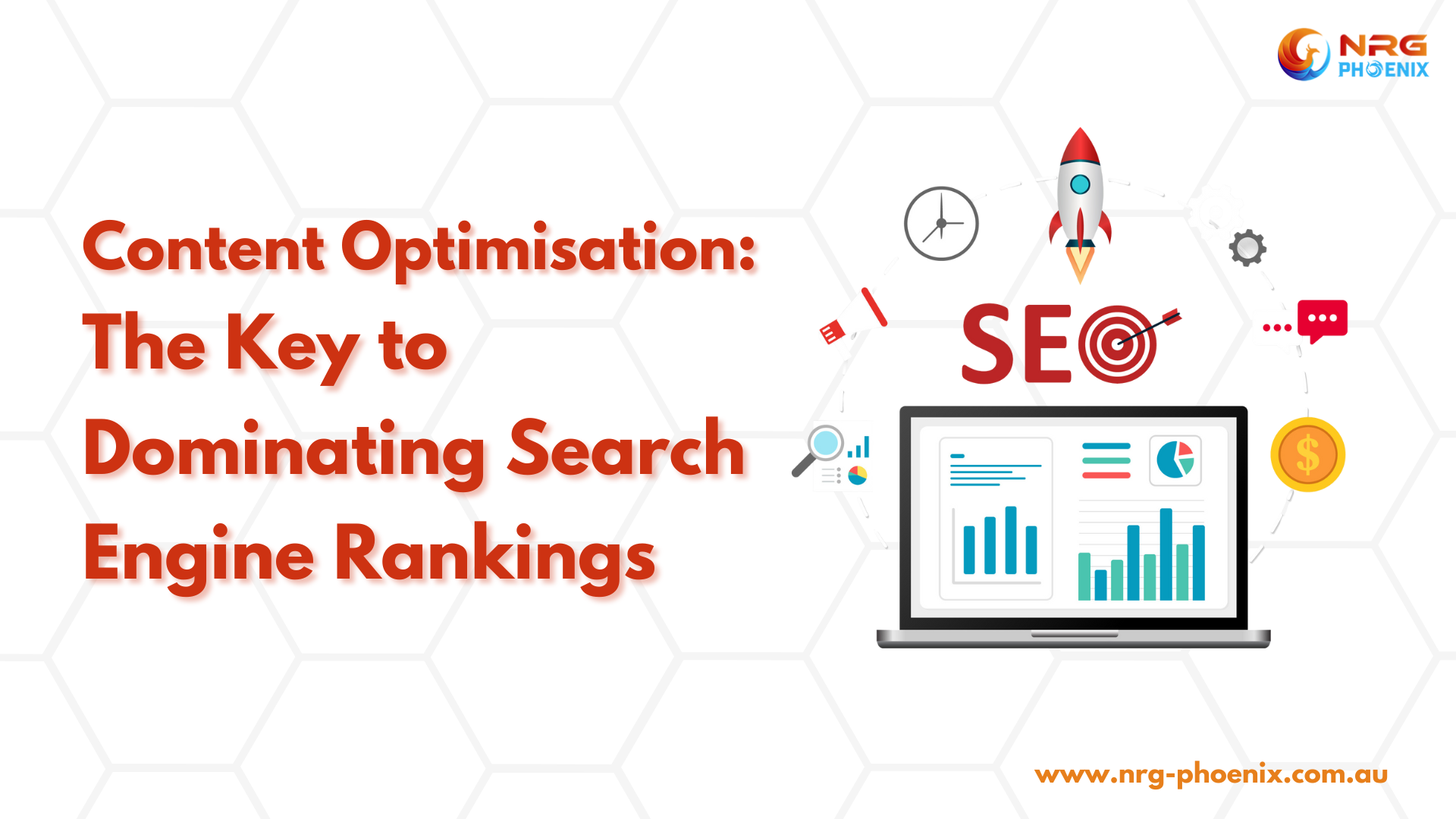Content Optimisation: The Key to Dominating Search Engine Rankings
In today's digital age, where online visibility can make or break a business, understanding search engine rankings has become paramount. Appearing on the first page of search engine results can drive significant organic traffic to your website, boosting your brand's online presence and ultimately impacting your bottom line. But how can you achieve this coveted spot? The answer lies in content optimisation – a strategic approach that involves refining your content to align with search engine algorithms and user intent.
The Importance of Content Optimisation
Search engines like Google use complex algorithms to determine the relevance and quality of web content. Content optimisation is the process of fine-tuning your web pages to meet these algorithms' criteria. By doing so, you increase your chances of ranking higher in search results, making it easier for users to find your website. Remember, the higher you rank, the more credible and authoritative your brand appears.
How to Conduct Keyword Research
Keyword research is the foundation of content optimisation. Identifying the right keywords allows you to understand what your target audience is searching for. Tools like Google Keyword Planner, SEMrush, and Ahrefs can help you discover relevant keywords with substantial search volumes. Incorporating these keywords naturally into your content will help search engines recognise its relevance.
On-Page Optimisation Techniques
On-page optimisation involves optimising individual web pages to improve their search engine rankings. This includes optimising headlines, subheadings, and body content to incorporate your target keywords. Make sure your content is well-structured, easy to read, and provides value to the reader. Search engines favor content that answers users' questions comprehensively.
Unlock Higher Rankings with On-Page Optimisation!
Creating High-Quality and Engaging Content
High-quality content is the cornerstone of content optimisation. Engaging, informative, and relevant content not only appeals to users but also encourages other websites to link back to yours. This is a crucial factor in search engine rankings. Invest time in crafting content that addresses your audience's pain points and offers solutions that set you apart as an industry expert.
Optimising Meta Tags and Descriptions
Meta tags and descriptions are the snippets that appear in search results. These elements provide a brief preview of what your page contains. Optimising them with relevant keywords and a compelling description can significantly impact click-through rates. A well-crafted meta description can entice users to click on your link instead of your competitors'.
The Role of Backlinks in Content Optimisation
Backlinks, or links from other websites to yours, are like votes of confidence in the eyes of search engines. The more authoritative and relevant websites link to your content, the more search engines perceive your content as valuable. Building a strong backlink profile through guest posting, outreach, and creating shareable content can boost your rankings.
Measuring and Tracking Success
To gauge the effectiveness of your content optimisation efforts, you need to track your progress. Utilise tools like Google Analytics and Google Search Console to monitor key metrics such as organic traffic, click-through rates, and keyword rankings. Regular analysis helps you identify what's working and what needs improvement.
Unlock the Secrets of Monitoring and Improving your Online Performance
Conclusion: The Power of Content Optimisation in Achieving Search Engine Dominance
In the competitive online landscape, content optimisation emerges as a key player in achieving search engine dominance. By strategically aligning your content with search engine algorithms and user intent, you can climb the search engine rankings and secure a spot on the coveted first page of results. Remember, content optimisation is an ongoing process that requires adaptation to algorithm updates and changes in user behavior. Stay informed, stay creative, and watch your website soar to new heights of online visibility.
